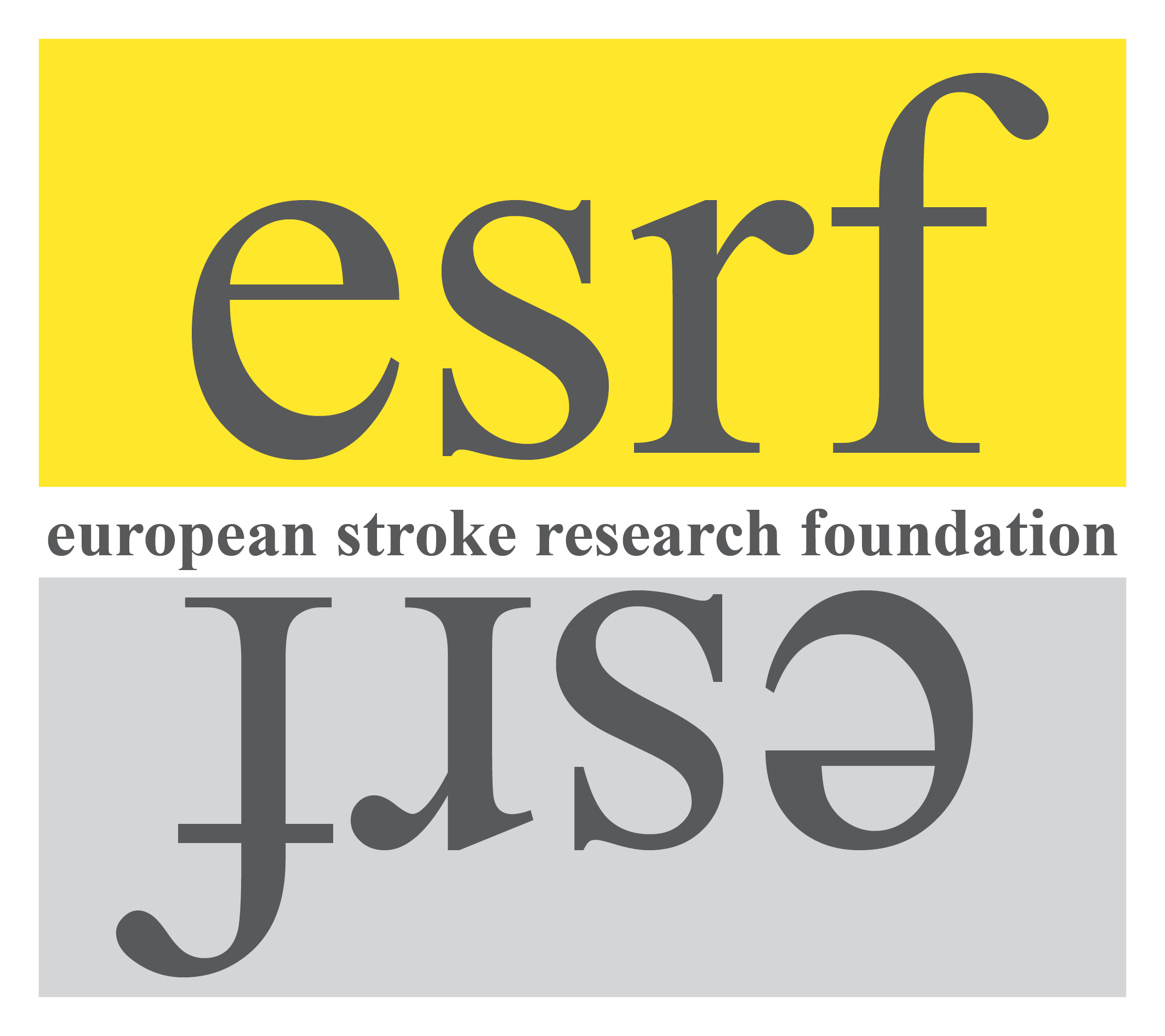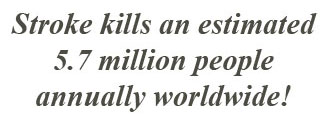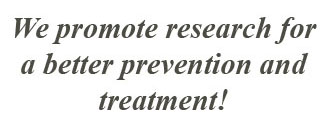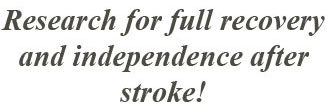European Stroke Research Foundation - esrf
News – Aktuelles:
Freiburg Working Meeting on CNS Wound Healing & Scarring
Organized by: Christian Schachtrup & Jae K. Lee
Topic: CNS Wound Healing & Scarring: From Coagulation and Inflammation to Cell Therapy
Overview
The 2nd Freiburg Working Meeting brought together leading researchers that are exploring the complex and multifaceted processes of wound healing and scar formation in the central nervous system (CNS). CNS injuries, unlike those in peripheral tissues, do not regenerate easily and are often accompanied by pathological scarring that impedes recovery and function. The meeting aimed to dissect the molecular, cellular, and vascular mechanisms governing the processes of CNS wound healing, with the goal of identifying potential therapeutic strategies to mitigate scarring and promote repair.
European Stroke Research Foundation (ESRF) president Michael G. Hennerici (University of Heidelberg UMM) introducing ESRF and opening the meeting “CNS Wound Healing & Scarring” hosted by Christian Schachtrup at the Institute of Anatomy and Cell Biology, Albert-Ludwigs-Universität Freiburg.
Wound healing in the CNS follows the classical stages of hemostasis, inflammation, proliferation, and remodeling. However, the CNS presents a unique and tightly regulated environment, where dysregulation in the interplay between vascular, immune, and neural components can lead to persistent fibrotic scarring and long-term functional deficits.
The meeting was financially supported by the European Stroke Research Foundation. Michael G. Hennerici (ESRF president) and Heinz Lindenmann (ESRF secretary) were invited to attend and open the meeting at the Department of Molecular Embryology, Institute of Anatomy and Cell Biology, Albert-Ludwigs-Universität Freiburg.
Key Themes and Scientific Goals
The meeting opened with remarks by Christian Schachtrup, emphasizing that alterations at the brain-vascular-immune interface in CNS injury and disease have emerged as dynamic drivers regulating wound healing and scarring, while the detailed understanding of the spatiotemporal dynamics of transcriptomics, cell states, and cell-cell communication across the neurovascular interface is still lacking.
The scientific program was structured around four major thematic areas:
- Repair Mechanisms after Stroke
- Regulation of CNS Fibrosis
- Glial and Neurovascular Mechanisms
- Neural Progenitors and Reprogramming
The Freiburg meeting “CNS Wound Healing & Scarring” attendees with national and international guests as well as the ESRF representatives in September 2025.
Scientific Highlights
Marco Bacigaluppi (University of Zurich) opened the session on stroke repair, presenting data on how aging and comorbidities such as cancer and infection drive immune dysregulation and worsen stroke outcomes. His findings underscored dysfunctional neutrophil behavior and impaired vascular reperfusion in aged models.
Dirk Hermann (University of Duisburg-Essen) shared exciting findings on post-stroke extracellular matrix (ECM) remodeling applying super-resolution microscopy, demonstrating how ECM structural changes after stroke modulate microglial function, synaptic plasticity, and recovery.
Christian Schachtrup and Yu-Hsuan Chu (University of Freiburg) presented findings on how fibrinogen and peripheral inflammatory cues influence endogenous neural stem/progenitor cell (NSPC) fate and functions inhibiting endogenous brain repair mechanisms.
Jia-Di Lin (University of Freiburg) further showed that modifying human iPSC-derived neural stem cells endows them an altered differentiation fate and better reparative capacity in fibrinogen-enriched injury sites.
Dave Butler (Washington University St. Louis) presented micro-RNA-mediated direct reprogramming of fibroblasts, a system to model age-dependent mechanisms of disease in human neurons, linking mitochondrial resilience and chromatin changes to stroke recovery potential in young vs. old neurons.
Glial and vascular interactions were another central theme.
Andrea Banfi (University of Basel) expanded on how VEGF dosage and ECM interactions influence angiogenesis, while Carmen Ruiz de Almodóvar (University of Bonn) revealed that endothelial cells in the neurogenic subventricular zone (SVZ) exhibit distinct metabolic and mitochondrial profiles compared to other brain regions, with implications for affecting neurogenesis.
Yimin Zou (University of California, San Diego) presented Wnt-Ryk signaling in astrocytes alters cell-cell communication and mediates wound healing.
Finally, the session on CNS fibrosis explored the cellular and molecular architecture of fibrotic scar formation.
Julie Siegenthaler (University of Colorado) presented exciting data on fibroblast development and function in perivascular spaces as well as fibroblast heterogeneity at brain borders, while Jose Carlos Martinez Santamaria (University of Freiburg) revealed that blood-derived fibrinogen in perivascular spaces might regulate perivascular fibroblast activation and fibrosis in a stroke model.
Jae K. Lee and Corey Fehlberg (University of Miami) showed the mechanisms of lipid accumulation in myeloid and glial cells at the injury sites, and discussed exciting single cell RNA sequencing data revealing fibroblast heterogeneity and functions after spinal cord injury.
The final discussion, headed by the co-organizer Jae K. Lee (University of Miami), addressed challenges in translating this growing cellular and molecular understanding in wound healing into therapies, especially in the context of variability due to age, injury type, and dynamic cell states. A common theme across presentations was the essential role of the neurovascular unit and ECM in shaping both pathology and repair. Future meetings may focus on therapeutic translation, including the development of preclinical models that reflect cellular heterogeneity and systemic influences. There was a consensus that a more detailed understanding of cell states, cell-cell communication, and signaling dynamics is essential for developing effective interventions.
Conclusion & Future Directions
The 2nd Freiburg Working Meeting highlighted the pressing need for integrated, multidisciplinary research to understand the complexity of CNS wound healing at the cellular, molecular, and systemic levels. A major takeaway from the meeting is the recognition that scarring in the CNS is not simply a byproduct of injury, but a dynamic, regulated process involving the neurovascular and immune systems.
Future research must continue to map the spatiotemporal dynamics of healing and scarring, using tools such as single-cell transcriptomics, in vivo imaging, and functional modeling. These efforts will be essential in identifying unanticipated regulators of scarring and in designing targeted interventions to improve outcomes for patients suffering from CNS injury and disease. The plan is to make this meeting a regular open event for scientific exchange on wound healing and scar formation in the central nervous system, which will hopefully benefit patients in the near future.
Recent proposals have been accepted and are granted 2023-2025
-
Nose to Brain delivery of Bryologs: a potential Fast Acting Stroke Treatment: NBB:FAST
-
INdividualizing STroke – posture Assessments in the Therapeutic Environment during RehAbilitation IN STATERA
-
Prevention of ischemic strokes – role of NAD(P)H oxidase 4 and hydrogen peroxide in the stabilization of carotid plaques
-
Mobile stroke unit: prehospital stroke treatment and triage in underserved rural settings
-
Poststroke lipid droplet accumulation in residing microglia
-
Daily habits Mobil App for Primary Stroke MAPS
-
Modifying endogeneous neural stem cell function for improving brain repair in stroke
Deadlines for submission of research projects are June 30 and December 31 annually!
Please download the „Research Application Form“ here:
Research Programme Application Form – European Stroke Research Foundation ESRF
Projects are eligible for ESRF funding
– if they cover a major issue of current stroke research
– originate and are preferentially written by a junior scientist/s working in an academic institution of brilliant stroke research
– cover a range of up to three years
– and a full amount of up to 60 T€
-if interactions with other funding organizations (e.g. EU or national) are considered, please specify the part for which funding is requested
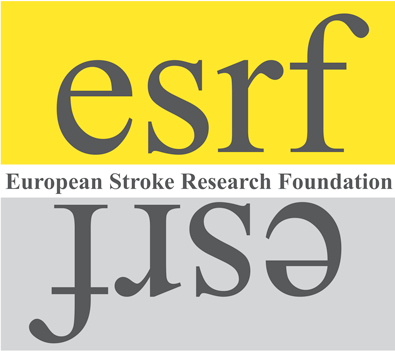
The “European Stroke Research Foundation” (esrf) is an independently incorporated registered non-profit charity in Kanton Basel-Stadt, Switzerland (CHE-445.245.675)
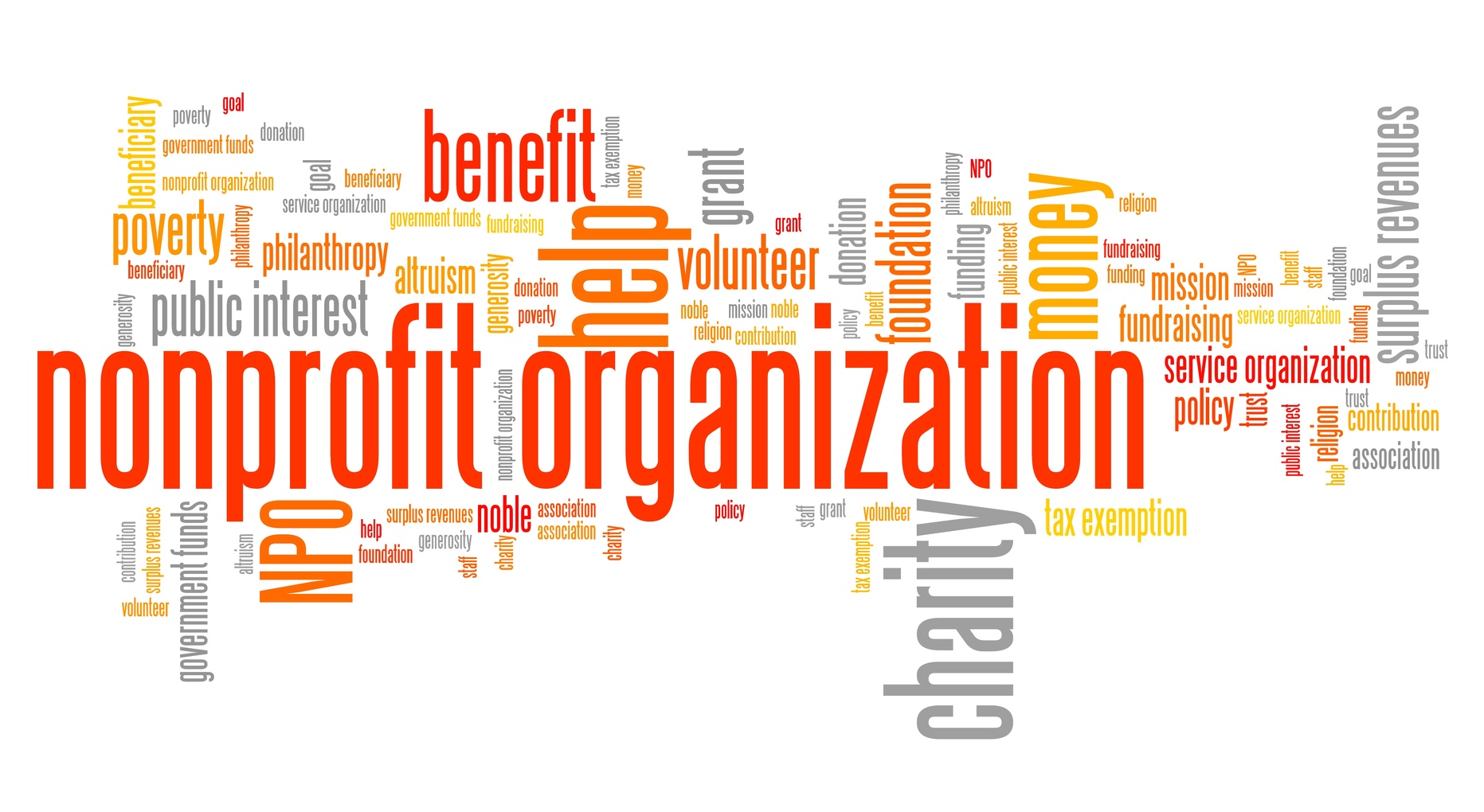
Stroke is the most common cardiovascular disorder after heart disease, killing an estimated 5.7 million people annually worldwide. The prevalence of stroke in Europe has been estimated to be 9.6 million. Furthermore, stroke is a major public health issue among the leading causes of immobility and longterm disability in developed countries. During the last quarter century the management of acute stroke patients and prevention of cerebrovascular disorders has become the most challenging task for medical interdisciplinary research. This included interactive multi-professional management from emergency rescue and monitored intensive care through a primary care team as well as extensive public information about qualifying signs and symptoms of acute stroke victims coined in the phrase Time is Brain and Stroke is an Emergency in newspapers, television and the new media. Although mortality has decreased considerably since the 1990s, and early prevention is successful after transient ischaemic attacks (TIA) through better medical treatment in TIA Clinics or Comprehensive Stroke Centers, many patients still suffer from permanent dependency. Exciting new pathways have now been opened to improve the chance for full recovery and independence after brain network re-organisation that became available by very recent scientific knowledge about mechanisms active during rehabilitation. Not only for patients with sensori-motor but also more sophisticated cognitive deficits or and behaviour problems can be treated. In addition, the risk of dementia may be reduced.
On the occasion of the 25th anniversary of the ESC and based on the merits of so many successful meetings in the past we decided to create the „European Stroke Research Foundation- esrf“ as a registered, public controlled charity to support the European Stroke Conference, international workshops and meetings as well as individual and institutional activities and programmes of highly innovative stroke related basic science and challenging clinical topics ready to stimulate exciting new pathways and strategies for research, including those making use of in the Industry 4 Revolution world of internet and social media supported world wide innovative communication.
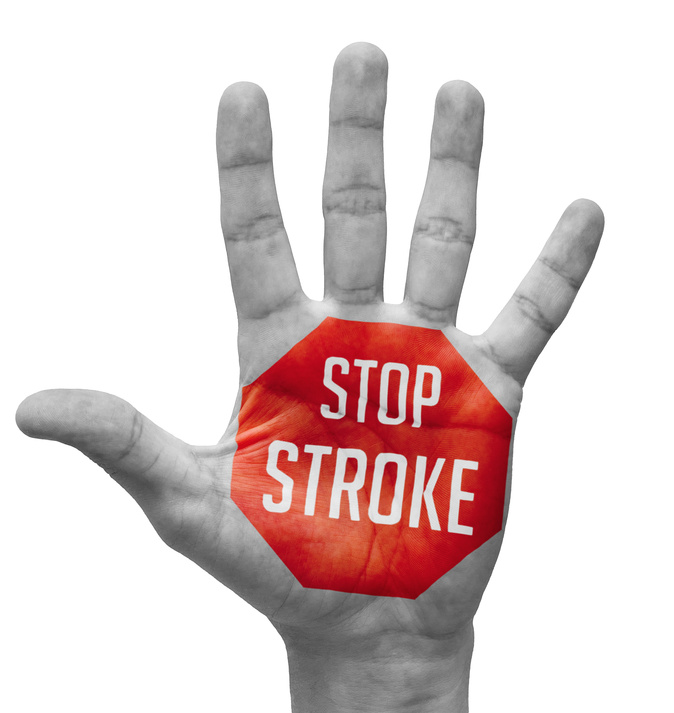
Our goal is to promote research for better prevention and treatment and to improve the chance for full recovery and independence after stroke!
The “European Stroke Research Foundation” (esrf) is an independently incorporated registered non-profit charity in Kanton Basel-Stadt, Switzerland (CHE-445.245.675) created
(a) to promote basic and clinical sciences for the improvement of current knowledge and management about stroke and cerebrovascular diseases in a broad range of various aspects
(eg pathophysiology, biology, diagnosis, acute treatment and prevention, rehabilitation and other stroke related issues),
(b) to facilitate institutional and individual communication of scientific contributions in conferences, workshops and other meetings and
(c) to present and award extraordinary new contributions to stroke related topics, as well as world of internet and social media supported world wide innovative communication for the benefit of healthy people in a global ageing population for the prevention of stroke attacks and therapeutic achievements during re-organisation and recovery in the complex brain networks after cerebrovascular lesions
(d) to improve cognitive deficits after stroke and prevent secondary deterioration of so called higher brain functions and vascular dementia
Webmaster Marion R. Hennerici: Copyright Bildquellenangabe
